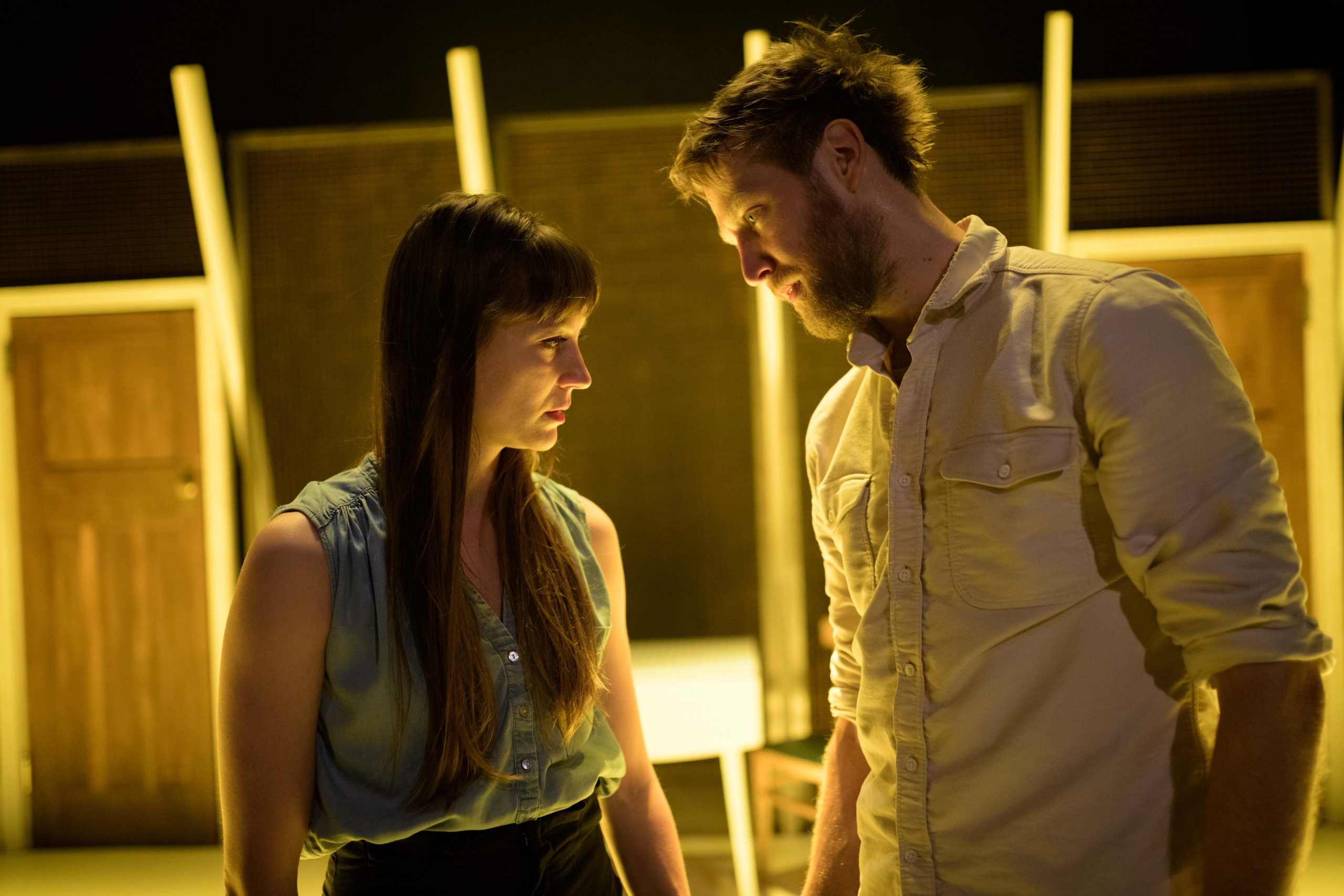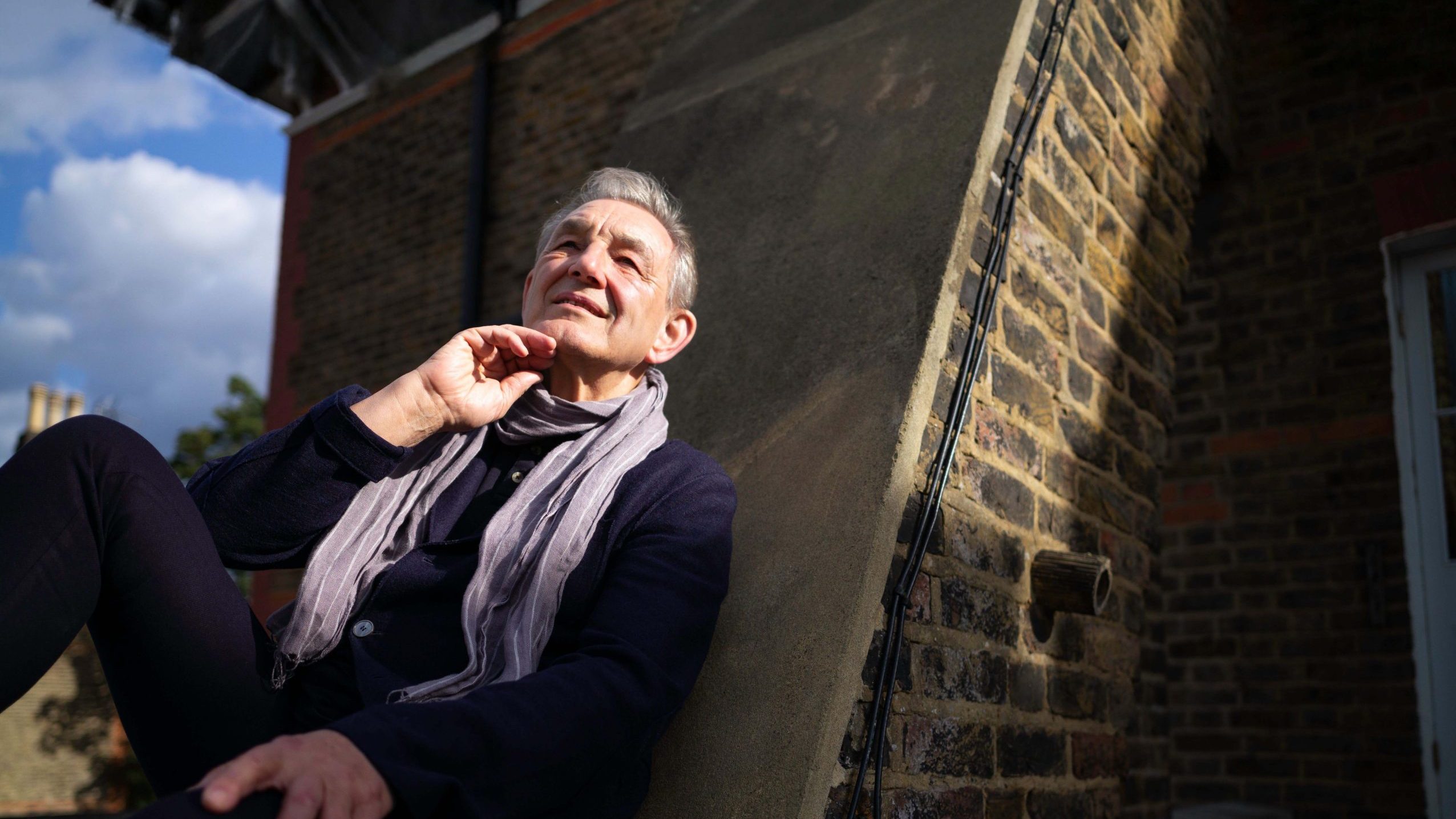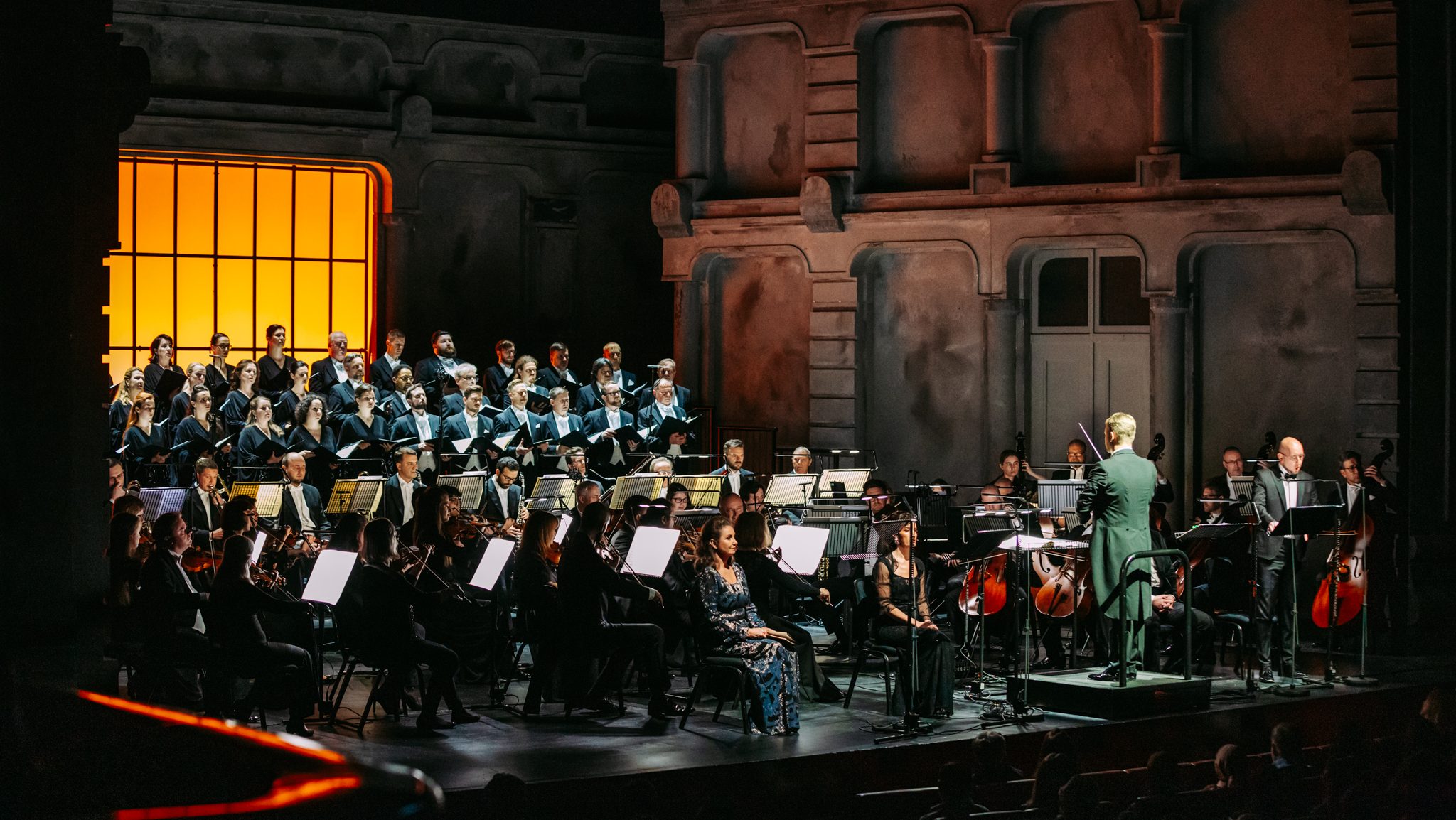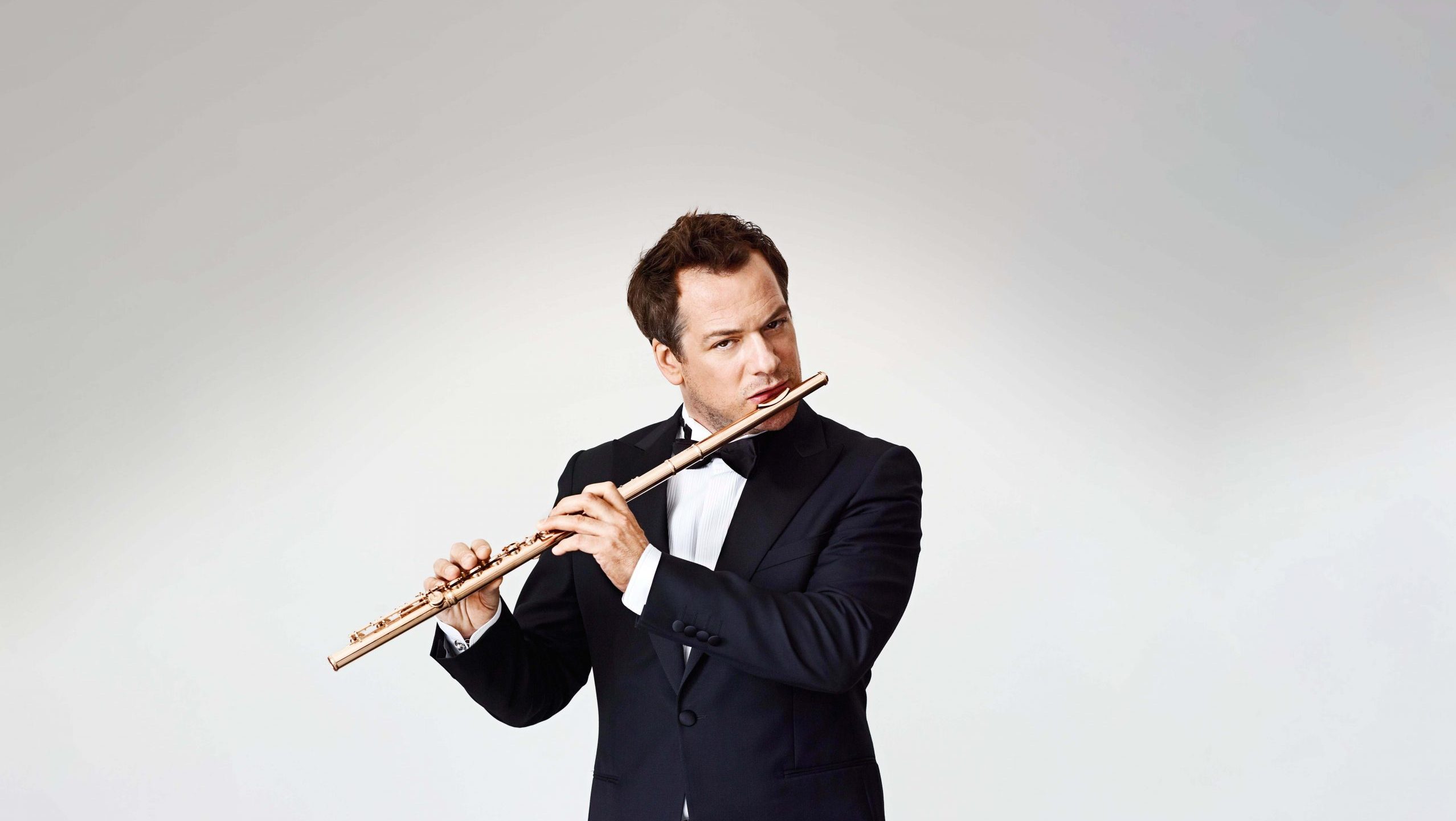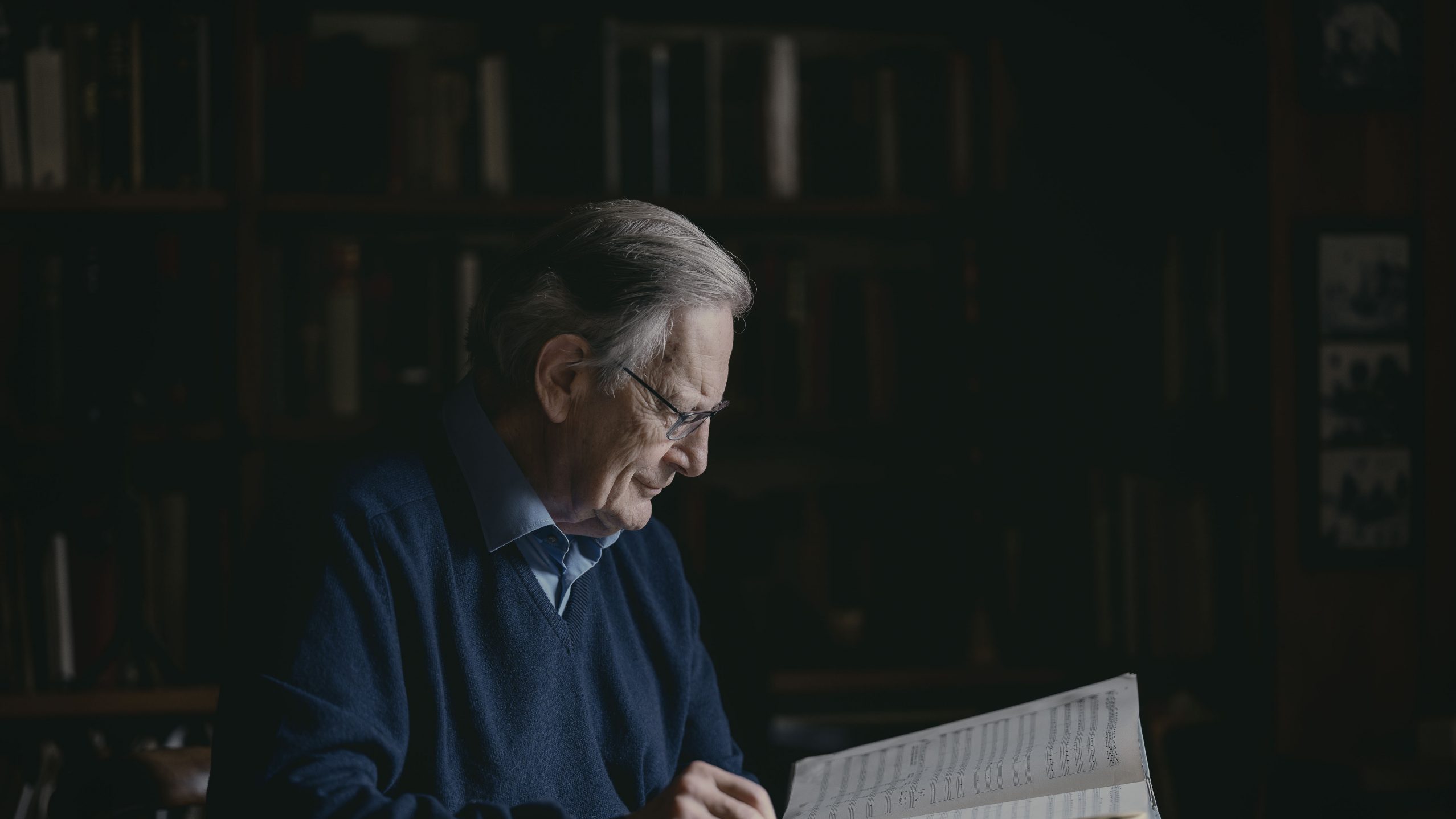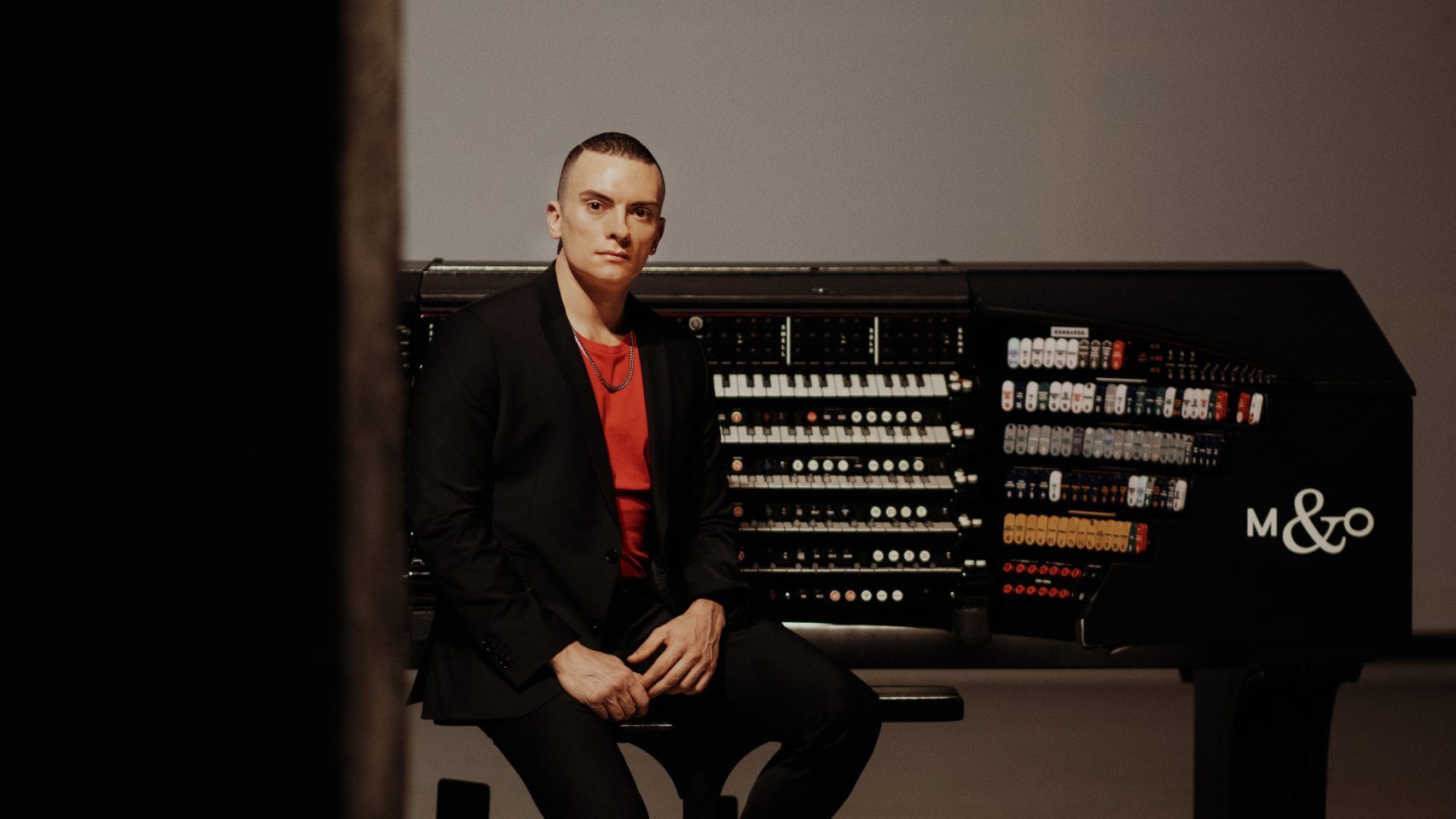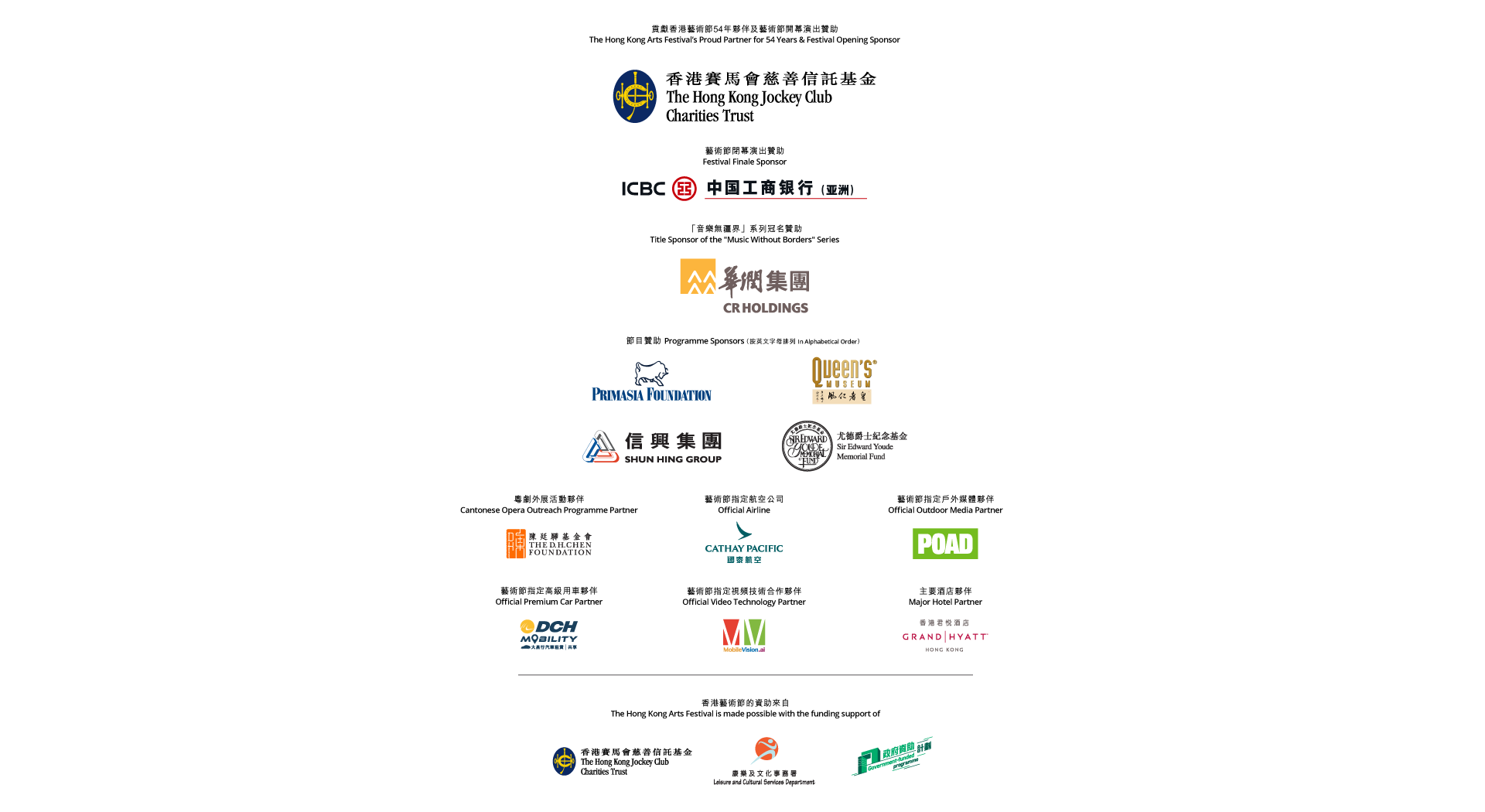Cameron Carpenter has done for the organ what Nigel Kennedy did for the violin, infusing a little punk-rock attitude into the classical realm and introducing a new, younger audience to the possibilities of an antiquated instrument.
The American organist has enjoyed an illustrious, boundarybreaking career—a career that includes designing and commissioning a revolutionary electronic touring organ and becoming the first organist to be nominated for a Grammy Award in 2009 for his solo album, Revolutionary.
It's also a career that hasn't been without its controversies, with traditionalists criticising Carpenter for unorthodox interpretations of the standard repertoire and the dramatic liberties he often takes in articulation. When asked about this criticism, Carpenter tells FestMag:"I try to play as accurately as I can, great works, in a way which makes them clear to listeners who are not familiar with classical music."
But all along, Carpenter has continually made his mark with exceptional musicality, technical prowess and a pioneering attitude, producing game-changing work on arguably one of the music world's least fashionable instruments, although he points out to FestMag:"I only changed myself."
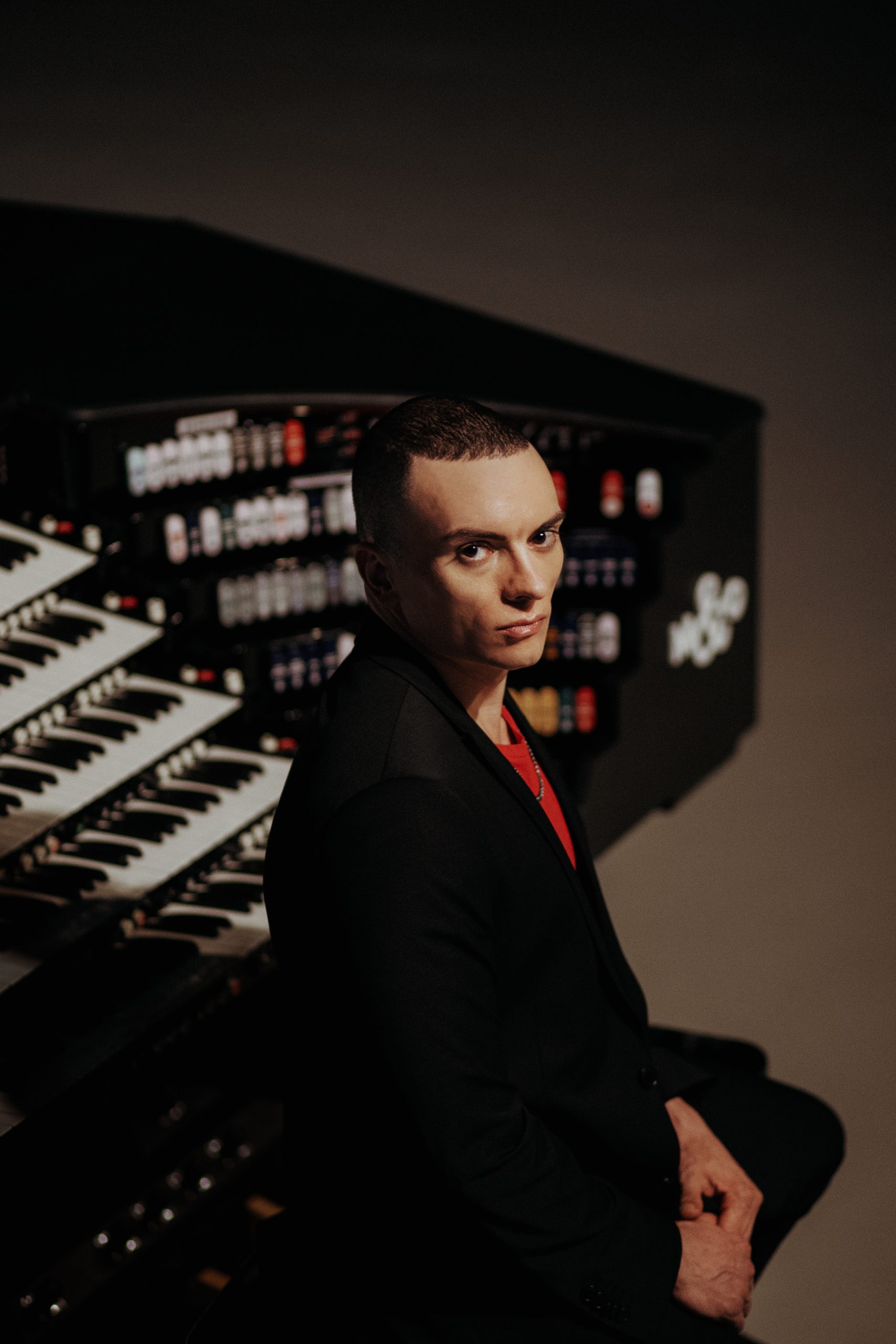
And now, just more than a decade after he first appeared at the Hong Kong Arts Festival, Carpenter is returning for the 51st HKAF for a programme of Bach's most powerful organ music and, over another two concerts, improvised soundtracks for two classics of silent cinema, The General (1926) and Metropolis (1927).
The highlight of the all-Bach programme at the"Carpenter Plays Bach" recital will see the organist tackling the German composer's Goldberg Variations, long regarded as one of the most challenging compositions for keyboard."I was drawn to it because it is serious and ambitious,"Carpenter says.
And when asked about the challenges of providing live, improvised soundtracks to silent movies, Carpenter says:"Silent movies are a good use of the organ. The movie tells you everything you need to know, and you improvise appropriately. Ideally the viewer will at some level forget that I am playing, at least some of the time."
At all three HKAF programmes, Carpenter will be performing on the magnificent pipe organ at the Cultural Centre Concert Hall, hand-made by the Austrian manufacturer Rieger. Since he unveiled his International Touring Organ in 2014, many of his international performances have utilised this breakthrough electronic keyboard, but Carpenter says that he always attempts to "bring out the best in any instrument I am invited to play".
His International Touring Organ, which took 10 years to build at a cost of US$1.4 million, uses digital samples from more than two dozen world-class organs. The traditional pipe organ is obviously not the most portable of instruments, but the more compact electronic organ allows Carpenter to tour worldwide to venues that have never had an organ.

"It allows the experience of the organ to transcend its physical realm and its limitations, which allows you to assemble propositions of design that would be all but unthinkable in a pipe organ, for reasons ranging from economy to logistics to geography of placement," he said during an interview with AZ Central.
Carpenter once described the organ as a machine capable of"violence, vulgarity, obscenity, high drama, subtlety and understatement", and his upcoming HKAF performances will place these contrasting facets of the instrument on centre-stage, presented by an artist who remains determined to continue bringing his chosen instrument into the future.
Carpenter Plays Bach
Detail: https://www.hk.artsfestival.org/en/programme/s_carpenter_plays_bach
Carpenter Plays Silent Movies: Metropolis
Detail: https://www.hk.artsfestival.org/en/programme/s_carpenter_plays_Metropolis
Carpenter Plays Silent Movies: The General
Detail: https://www.hk.artsfestival.org/en/programme/s_carpenter_plays_TheGeneral




